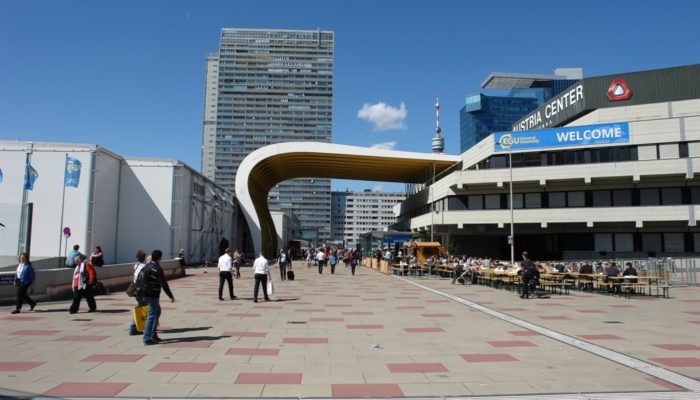
It’s this time of the year again when we all try to meet up in Vienna and talk about our latest scientific results and more importantly network with old and new colleagues. The EGU General Assembly (GA) will be a hybrid meeting this year again: (v)EGU23. There will be scientific sessions with the usual oral and poster presentations as well as Pico sessions, networking opportunities and short courses. All scientific sessions and most short courses will be accessible online as well. Several networking opportunities are planned for in-person attendees and virtual attendees. The GA provides ample chances of informal exchange, especially for early career scientists (ECS).
With only a few days left before the start of EGU23, we want to give you a brief overview of Geodesy division-related events during the upcoming two weeks as a starting point for your personal programme. This list is far from exhaustive, so watch out and spread the word on any interesting sessions you might find.
Geodesy Division Meeting
When: Wednesday, April 19th, 12 – 1 pm (CEST)
What to expect: The Geodesy Division Team will present the newest information about the Geodesy Division: What has happened since the last EGU GA? How many abstracts have been received within Geodesy? Who is part of the Geodesy Division Board? What is happening in the coming year? Afterwards, we will be online for another 30 minutes if you would like to chat with the Geodesy Division Team to ask questions and/or discuss ideas.
How: Online (everyone with a Copernicus ID can participate, also without registration for the GA)
Where: Zoom (the Zoom link will become available 15 minutes before the meeting)
Add it to your personal programme via: https://meetingorganizer.copernicus.org/EGU23/meetingprogramme/FAM
Don’t forget: The division business meeting is happening in the week before EGU23.
Early Career Scientists pre-GA Icebreaker (GD, G, and SM Divisions)
When: Sunday, April 23rd, 3 – 6:30 pm (CEST)
What to expect: Attending the EGU General Assembly for the first time? Want to get to know other early career scientists from your discipline or even from other scientific fields? Then join us for the first pre-GA Icebreaker organized jointly by the Geodynamics (GD), Geodesy (G) and Seismology (SM) division ECS Representatives. We plan to go to the EGU Opening Reception at the conference venue (ACV), which starts at 6:30 pm (CEST).
How: In-person only; outside
Where: CopaBeach (just a few minutes away from the ACV)
Geodesy Division Early Career Scientists (ECS) Fika
When: Monday, April 24th, 10:15 – 10:45 am (CEST)
What to expect: Join us for the first coffee break at EGU23. We are looking forward to meeting you and hearing from you about your expectations for EGU23 and/or the ECS Representatives.
How: In-person only
Where: EGU Networking zone at terrace G
Add it to your personal programme via: https://webforms.copernicus.org/EGU23/pop-up-networking-events/all
Geodesy Early Career Scientists (ECS) Dinner
When: Monday, April 24th, starts at 7 pm (CEST)
What to expect: This year ECS from the Geodesy division will gather for an informal dinner to get to know each other. Sorry, we are already reached full capacity.
How: In-person only
Where: Oide Donau (Arbeiterstrandbadstraße 128, 1220 Wien)
Meet the Geodesy Division Team
When: Tuesday, April 25th, 10 – 10:45 am (CEST)
What to expect: Do you have any questions for the Geodesy Division Team? Do you want to know who is part of the team? Then come and join us for a coffee: meet the division team and ask questions. This is an informal, drop-in style meeting; simply turn up at any time during the 45-minute time slot if you want to engage!
How: In-person only
Where: EGU Networking zone at terrace G
Add it to your personal programme via: https://webforms.copernicus.org/EGU23/pop-up-networking-events/all
How to navigate the EGU: tips and tricks
When: Monday, April 24th, 8:30 – 10:15 am (CEST)
What to expect: During this course, you will get to know tips and tricks on how to handle this large conference and how to make the most out of your week at this year’s General Assembly. The EGU structure and the difference between EGU and the General Assembly will be explained, and you get to know the program groups and some key persons that help the Union function.
How: Online
Where: Pre-recorded
Add it to your personal programme via: https://meetingorganizer.copernicus.org/EGU23/session/46492
ECS Forum
When: Wednesday, April 25th, 12:45 – 1:45 pm (CEST)
What to expect: Here you can share your thoughts/suggestions/remarks/wishes on both EGU23 and on EGU as an organization. We are looking forward to hearing from you and getting your input.
How: In-person
Where: Room 3.29/30
Registration: https://www.egu.eu/forms/GA23-ECS-Networking/
ECS Networking and Careers Reception
When: Tuesday, April 25th, 7:00 – 8:30 pm (CEST)
What to expect: The ECS Union-wide networking reception is the opportunity to get to know your peers across all disciplines. As we all know, your network goes beyond your peers and therefore senior scientists, medallists and awardees, EGU volunteers, committee members and ECS Representatives will also be around. Make sure you catch them for career advice, interesting stories, or just a low-key chat. Those wanting to attend the IAG Reception as well, we will be meeting you at this reception and go together to the IAG Reception.
How: In-person only
Where: Rooftop foyer
Last but not least – The medal lectures within the Geodesy division
Vening Meinesz Medal Lecture:
Jürgen Müller (“Benefit of Quantum Technology for Geodesy”) – Thursday, April 27th, 7:25 – 7:55 pm (CEST), Room D1 and via Zoom
Outstanding ECS Award Lecture:
Rebekka Steffen (“Geodesy meets tectonophysics: Advancing our estimates of glacial isostatic adjustment”) – Thursday, April 27th, 7:05 – 7:20 pm (CEST), Room D1 and via Zoom
Geodesy schedule
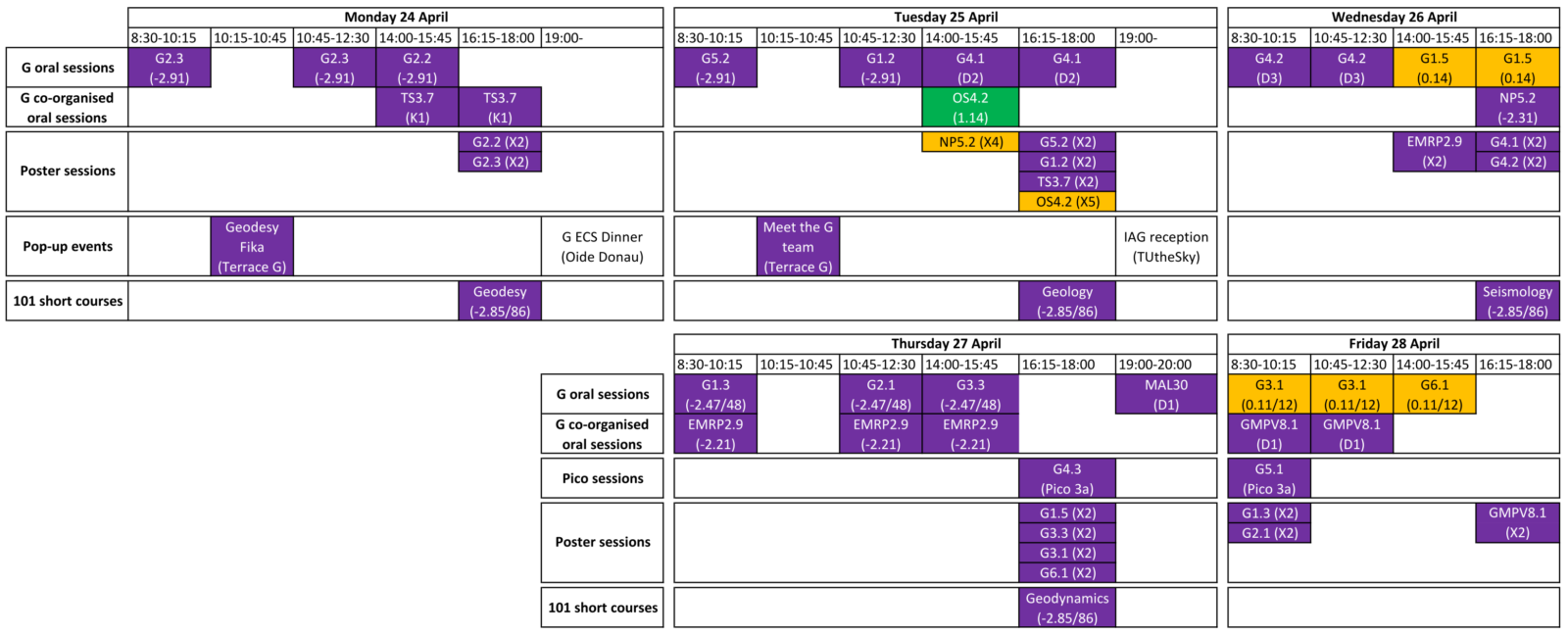
Geodesy schedule for the EGU23 (color refers to floor plan colors of the conference center ACV: purple – level -2 (basement), yellow – level 0 (ground floor), green – level 1 (first lfloor)).
There are even more ECS events. Join one of the many short courses: e.g., on mental well-being, parenting, tips and hints for proposal writing, outreach, introductory 101s and so on.
Now that we have pointed out a lot of networking and skillset-building highlights, don’t forget to check the programme for all the scientific sessions as they will take place in the second week.
You are welcome to join the discussion by using the hashtag #EGU23_G and tag @EGU_Geodesy in your tweet.
We are looking forward to seeing you!
The Geodesy ECS Team
Rebekka Steffen, Öykü Koç, Andreas Kvas and Marius Schlaak

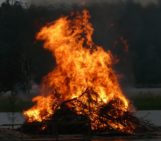
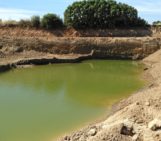
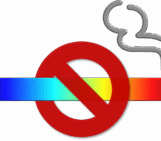
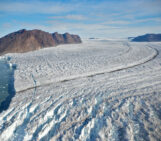
Ravikumar
Thanks a lot.
Wonderful job.